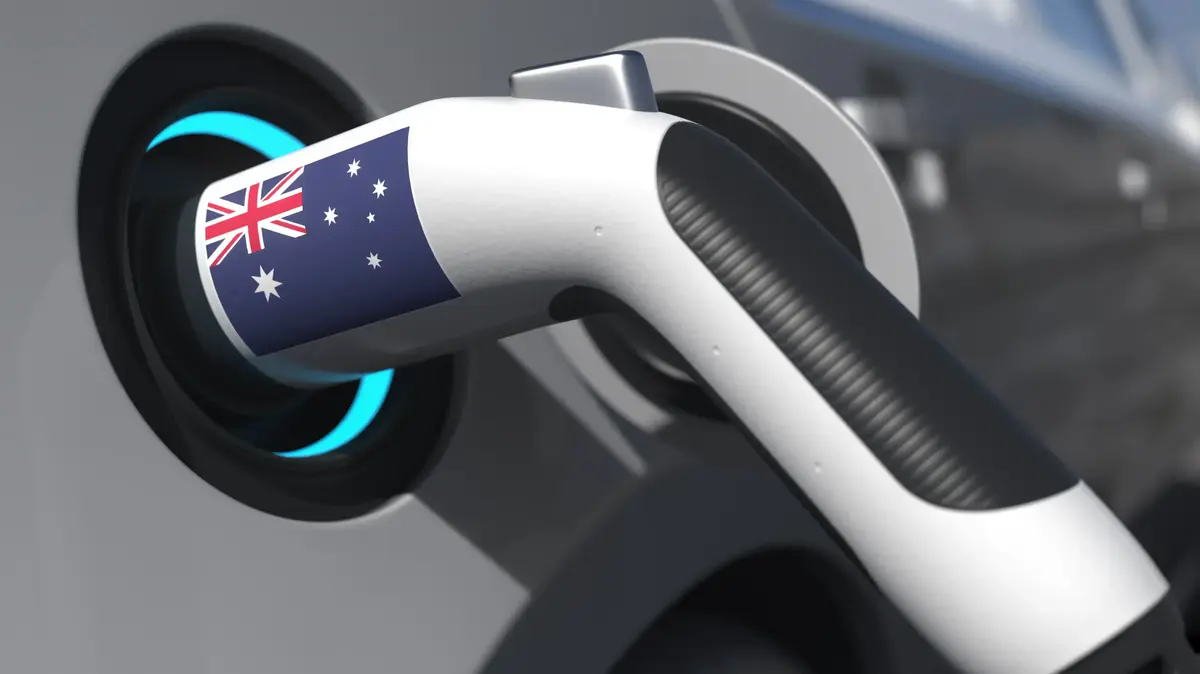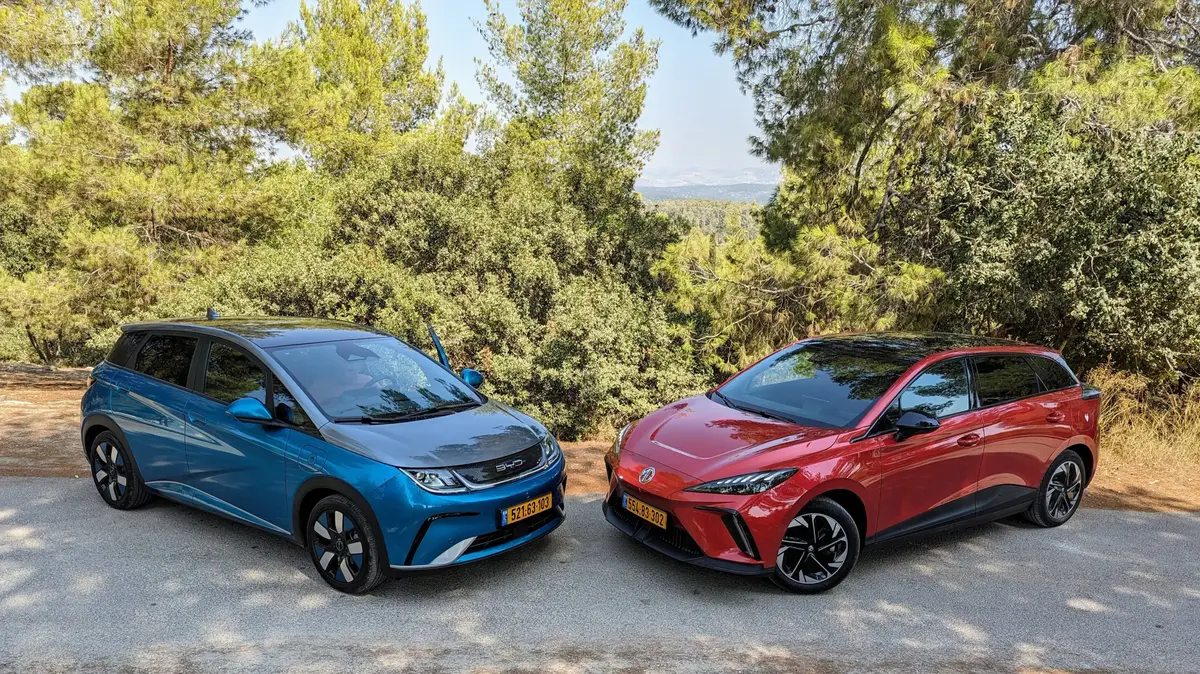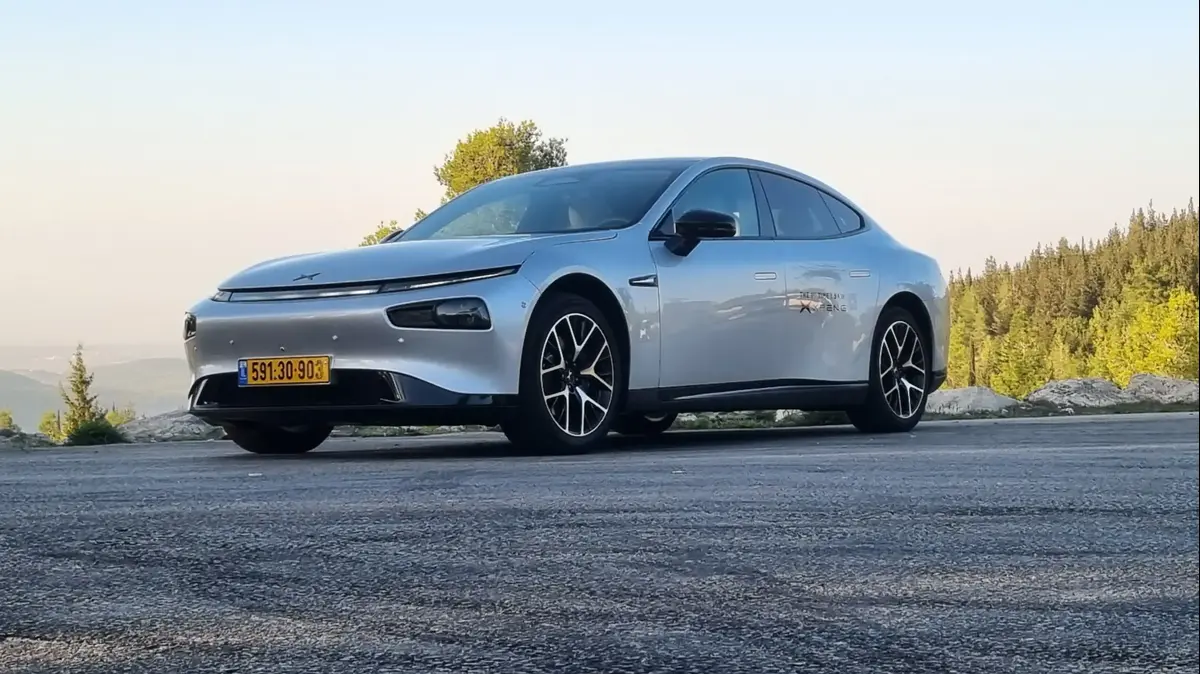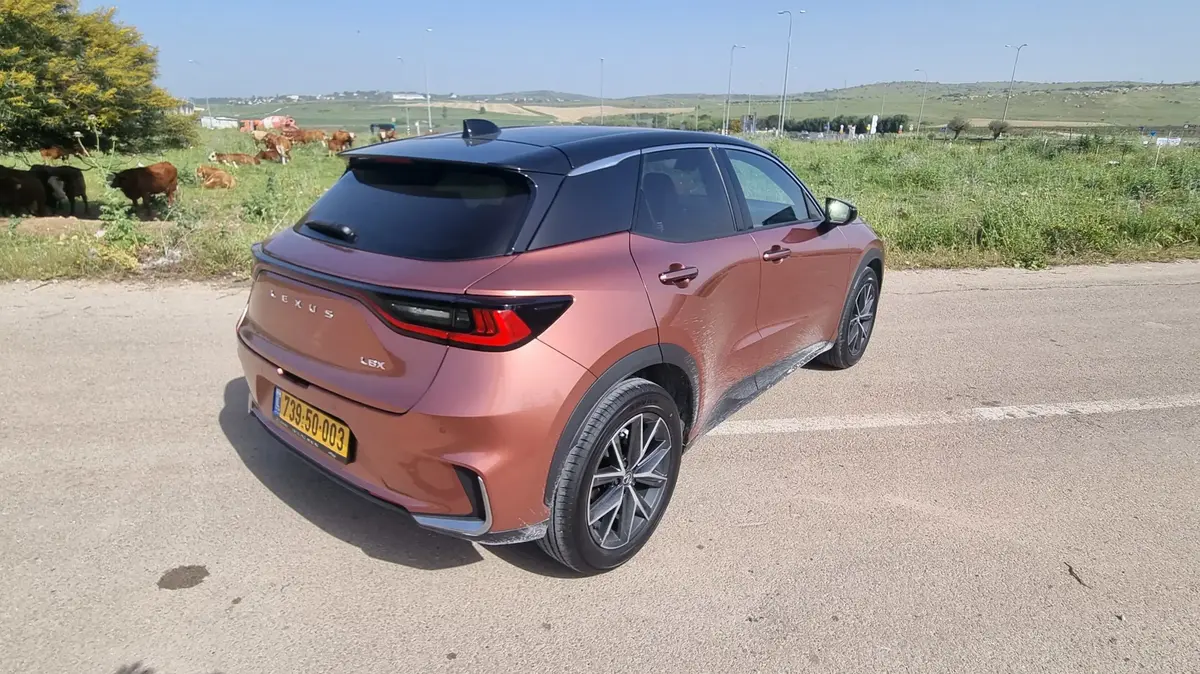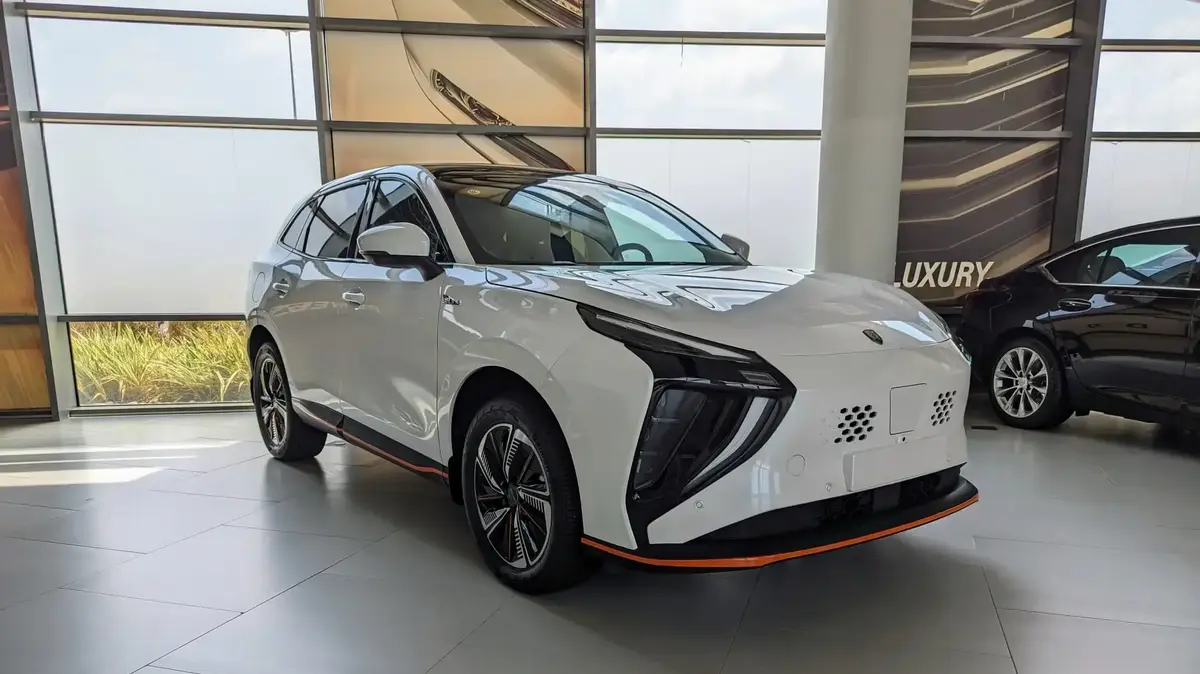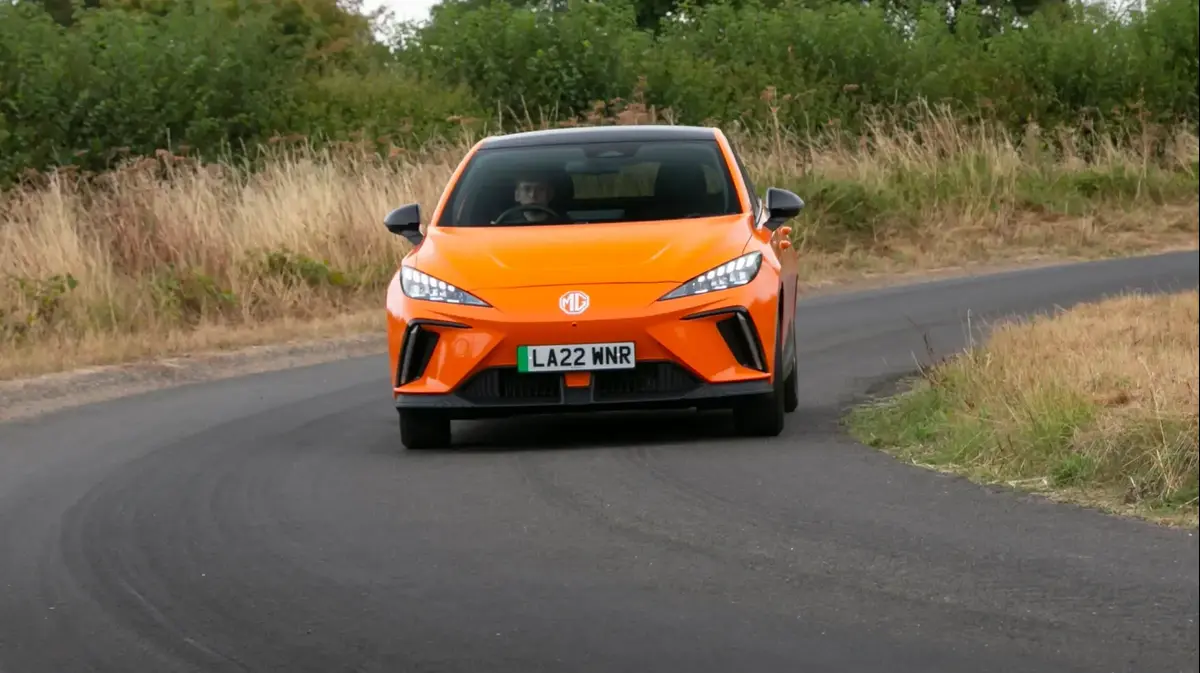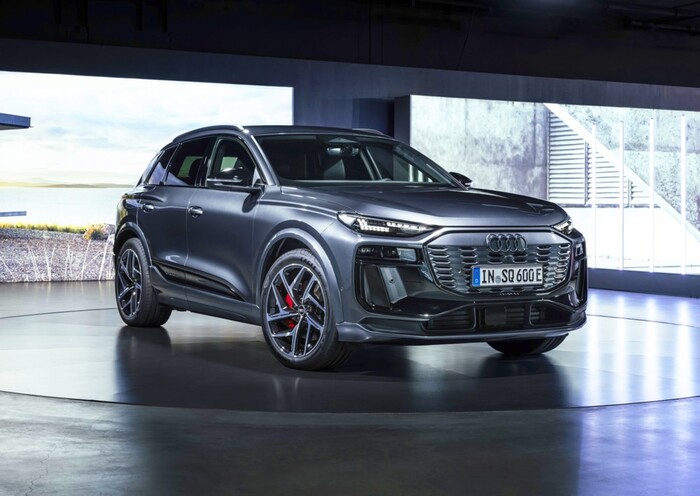This is what it looks like when a country takes electric propulsion seriously (Photo: ShutterStock)
If you were to get into a car, in Tel Aviv or Jerusalem, and drive 6,600 kilometers (assuming you could cross any border) - which country would you reach?
If you chose a southern direction - you could pass through Egypt, Sudan, Ethiopia and also Kenya, and finally stop in Tanzania.
I mean, a journey along the length of five different countries, over 6,600 km. But there is another country, which is on the other side of the world, where if you were to go on a similar journey, over the same number of kilometers - at the end of the journey you would stay within the borders of the country where you started Your adventure.
In Western Australia, a 6,600-kilometer car journey would take you all the way to the other side of the country. And not only is such a trip possible in Kangaroo Country, but soon it may also take place in a relatively green way. How is that possible?
Recently, the Australian government began deploying fast charging stations along a road network that is approximately 6,600 km long, in the process of creating the world's longest road network pre-planned for electric vehicles. This long road network will allow electric vehicles to travel without the risk of the vehicle's battery being discharged in the middle of the journey.
6,600 km make the Arava road look like an alley (photo: official website, Tom Moran)
Not on the fast charging alone
In order to understand where this idea comes from, one must first understand the transformation this country has gone through.
In the last year, a significant political change took place in Australia, which is also one of the largest coal producers in the world: the federal government that was in power for about 15 years, and whose policies included the promotion of fossil fuels and opposition to renewable energies - was replaced by a government with opposite positions.
The budget of the Western Australian government (the largest of the Australian states) demonstrates the new policy well: about 23 million Australian dollars will be invested in upgrading the charging infrastructure for electric vehicles, over 36 million Australian dollars in subsidizing the purchase of electric vehicles and hydrogen vehicles, and about 31 million Australian dollars in operations and research on the subject climate.
At the same time, the electric vehicle market has recently gained momentum on the continent, and this year new electric vehicles are even set to enter the local market.
The new move will be carried out on a road that passes through the territory of Western Australia, which is located on the western third of the continent.
The road starts in the northern city of Cononora, continues west and then winds south, towards the southern city of Esperance.
Along this road, 98 charging stations will be deployed in 49 different locations, the distance between which will not exceed 200 kilometers.
According to one of the companies responsible for implementing the project, some of the positions should start operating in the near future, and the construction will be completed by the beginning of 2024. Cost: 20 million dollars.
More in Walla!
10 weeks and swim half an hour rowing easily!
TI undertake!
Served on behalf of TI SWIM
Makes the crossing of the continent possible with almost any electric vehicle (photo: Walla! system, Udi Etzion)
Idan Libs, Vice President of Operations at Ageera, which deals in energy storage solutions and a consultant to the Ministry of Energy, testifies that the dense layout of the charging points is mainly intended to reduce the range anxiety experienced by drivers of electric vehicles: the fear that they will get stuck on the road without the possibility of charging their car. By the way, according to Libs
, Today, drivers of electric vehicles around the world can be more relaxed than ever: the range of these vehicles is getting longer, and nowadays even the cheapest ones when new can travel about 300-400 kilometers between charges. For comparison, if you go for a drive in an electric vehicle in Israel - whose length from north to south is about - 600 kilometers - you will probably be able to cover about half a country by driving, before you have to look for a charging station.
Israelis love electricity
According to Liebes, today in Israel the adoption of electric vehicles is happening on a large scale.
"It is true that we started from a worse starting point than parallel countries in Europe," he says, "but we are closing the gap from the Europeans quickly."
Indeed, in this area the numbers speak for themselves: in 2020, about 1,200 electric vehicles were sold in Israel, in 2021 over 10,000, and in 2022 1 out of every 10 vehicles that hit the road in Israel - was electric, for a total of about 27,000 trams
In addition, since 2019 the number of available models of electric vehicles in Israel has doubled every year.
In Israel there are already more than 150 public fast charging stations, and a larger number of slow charging stations.
However, tram drivers are still forced to rely on home charging, and often encounter public positions that are unavailable due to technical malfunctions, or due to congestion in the place that requires them to wait for an available position until other drivers have finished charging.
In Israel, most charging is done at private stations (Photo: Keinan Cohen)
electrical needs
Although Israelis are adopting electric vehicles more and more, several main problems still make this market difficult: First, at the beginning of the year the price of electric vehicles increased, due to the Tax Authority's outline that reduces the amount of the tax benefit granted to their buyers - this is intended to reduce the gap between the amount of taxation on vehicles Electric versus gasoline-powered vehicles, despite the clear environmental benefits of electric vehicles.
Second, there is a problem surrounding the issue of electricity itself: according to Liebes, the daily electricity consumption of an electric vehicle in Israel is the same as the consumption of a half-apartment or a small apartment, and a way needs to be found to transfer this energy from the electricity grid to the charging stations - a task that requires the cooperation of various parties.
However, there is also good news: according to Libs, the Ministry of Energy - which sets the policy, the Electricity Authority - which sets the rules and the electric company - which implements on the ground, are working to find regulatory solutions that will allow the issue to be prioritized and the flow of electricity to the charging stations regulated.
"At the same time, we are already seeing a significant adoption of electric vehicles among the general public, in a way that a few years ago we could only dream of - and this is already a reason to be optimistic," he concludes.
The article was prepared by Azula - the news agency of the Israeli Association for Ecology and Environmental Sciences
vehicle
car news
Tags
electric car
electric car
Australia

